Table of Contents
Key Takeaways
- Understand the evolution and benefits of eco-friendly vehicles.
- Dive into the challenges and solutions surrounding the adoption of these vehicles.
- Examine the impact of government policies and market trends on eco-friendly car adoption.
- Discover actions individuals can take to advance the transition to sustainable driving.
Introduction to Eco-Friendly Vehicles
Eco-friendly vehicles, encompassing a wide range from electric and hybrid cars to those powered by alternative fuels, represent a significant step forward in reducing the transportation sector’s overall environmental footprint. They promise cleaner air and substantially reduced greenhouse gas emissions from the automotive industry. When searching for a vehicle that aligns with these values, one might find themselves at a Subaru dealership, exploring a selection that prioritizes sustainability alongside innovation and style. The rise of eco-friendly vehicles signifies a shift in consumer consciousness towards environmental stewardship. This transition is not just about the choice of car; it’s about embracing a new lifestyle where every action, including transportation, considers its ecological implications. It’s a holistic approach that reflects our collective responsibility to mitigate climate change and protect natural resources for future generations.
The Evolution of Eco-Friendly Cars
From rudimentary electric carriages of the late 19th century to the state-of-the-art hybrids and fully electric vehicles of today, eco-friendly cars have witnessed a remarkable technological metamorphosis. This evolution results from decades of research, innovation, and commitment to finding cleaner, more sustainable forms of transportation. Modern eco-friendly cars have advanced battery technologies, improved aerodynamics, and energy-efficient powertrains that dramatically reduce their environmental impact. The journey towards greener pastures is manageable; governments and corporations are joining forces to propel the development and adoption of eco-friendly technologies. The Environmental Protection Agency delves into the progression of low-emission vehicle technologies, revealing the strides made towards crafting performance-oriented and environmentally considerate cars.
Benefits of Driving Eco-Friendly Cars
One of the primary benefits of driving eco-friendly cars is their reduced environmental impact, leading to improved air quality and decreased pollution-related health issues. These vehicles are typically powered by renewable resources, contributing to a reduction in fossil fuel consumption and greenhouse gas emissions. The financial perks are equally attractive – drivers of eco-friendly vehicles can often take advantage of tax incentives, rebates, and lower fuel costs, adding a practical slant to the ethical choice of driving a greener car. Beyond individual benefits, eco-friendly cars support broader societal and environmental objectives. By investing in green technology, drivers contribute to improving clean energy initiatives, thereby fostering technological progress that will benefit both the environment and the economy. The combined effect of reduced emissions, economic incentives, and societal benefits underscores the importance of transitioning to sustainable transportation solutions.
Alternative Fuels and Their Role in Sustainable Driving
As part of the movement towards greener transportation, alternative fuels are gaining traction as viable options for powering vehicles. Biodiesel, ethanol, hydrogen, and even compressed natural gas are employed to propel cars with lower emissions than their gasoline-powered counterparts. Each alternative fuel source presents unique benefits, such as biodegradability, abundance, or energy efficiency, further diversifying the eco-friendly market and providing consumers with various sustainable choices.
The Impact of Government Policies on Eco-Friendly Car Adoption
Government policies are pivotal in steering the industry and consumers towards eco-friendly cars. By creating and implementing incentives, subsidies, and regulatory measures, policymakers can significantly influence the adoption rate of green vehicles. Policies aimed at reducing the purchase price, improving infrastructure, and promoting research and development have all contributed to making eco-friendly cars a more accessible and appealing option. In addition to national strategies, international collaborations and agreements are essential in setting the stage for a global shift towards sustainable driving. By aligning goals and sharing best practices, countries can accelerate progress and ensure that eco-friendly vehicles become a mainstay on roads worldwide.
Consumer Attitudes and the Market for Eco-Friendly Cars
Consumer demand is a potent force shaping the eco-friendly car market. As people become increasingly aware of environmental issues and their potential solutions, many are turning to vehicles that reflect their values of sustainability and responsibility. This shift in mindset is prompting manufacturers to expand their range of eco-friendly models to meet the growing demand. Moreover, educational initiatives play a crucial role in influencing consumer choices, providing insights into the long-term benefits of eco-friendly cars. As understanding grows, so does the willingness to invest in vehicles that contribute positively to environmental sustainability.
The Role of Manufacturers in the Eco-Friendly Car Movement
Automobile manufacturers are at the forefront of the push for more sustainable driving options. They contribute significantly to reducing the industry’s carbon footprint through innovation in vehicle design, the integration of renewable materials, and cutting-edge manufacturing processes. The commitment to eco-friendly initiatives extends beyond the creation of green vehicles. Manufacturers are also focusing on responsible sourcing of materials, improving the efficiency of assembly lines, and implementing recycling programs for end-of-life vehicles. These efforts are not just a response to consumer demand but also a reflection of the growing recognition of the industry’s role in fostering a sustainable future.
Global Trends in the Adoption of Eco-Friendly Vehicles
Eco-friendly cars are going global, with various markets experiencing a surge in demand. This movement influences the automotive industry, the global economy, oil markets, and environmental policies. Adopting green vehicles is a critical factor in the transition to a low-carbon future, a goal that is becoming more achievable with each technological advancement. Insightful reports, such as the one published by the International Energy Agency titled Global EV Outlook, provide an in-depth analysis of the electric vehicle (EV) market, offering projections and identifying trends that could shape the future of transportation.
Preparing for the Future: What Drivers Can Do Now
As we navigate towards a future where sustainable transportation is the norm, there are actions that drivers can take to contribute to this transition. By staying informed about advances in vehicle technology and environmental policies, drivers can make choices that support a greener future. Researching the types, benefits, and incentives available is an essential first step for those considering acquiring an eco-friendly car. Ultimately, the collective choices of individuals, alongside the efforts of policymakers and manufacturers, will determine the pace and success of the shift to eco-friendly vehicles. With each eco-conscious decision, we edge closer to the goal of a sustainable, pollution-free world where the air is cleaner and our reliance on non-renewable resources is a thing of the past.




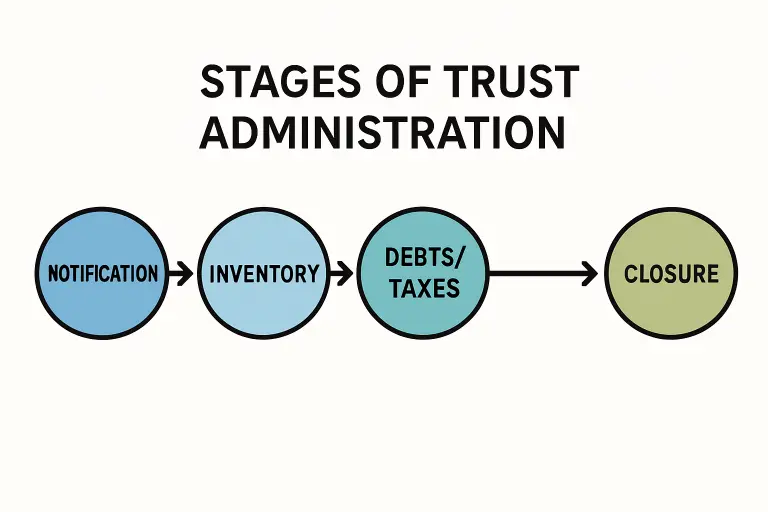



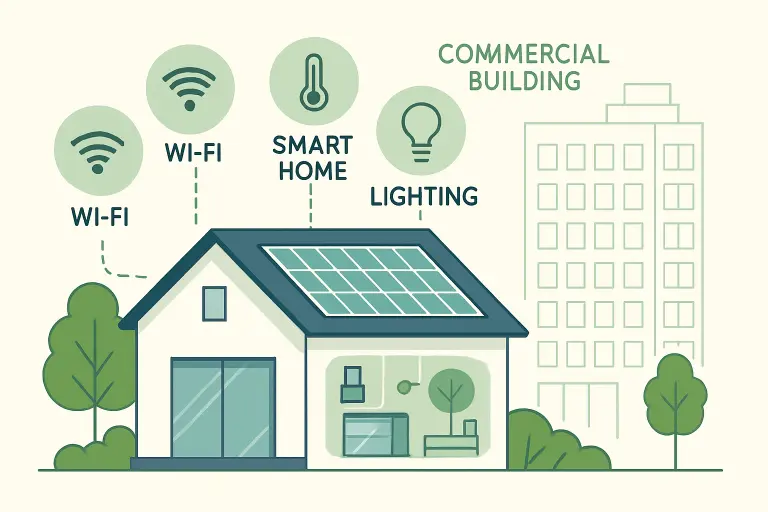











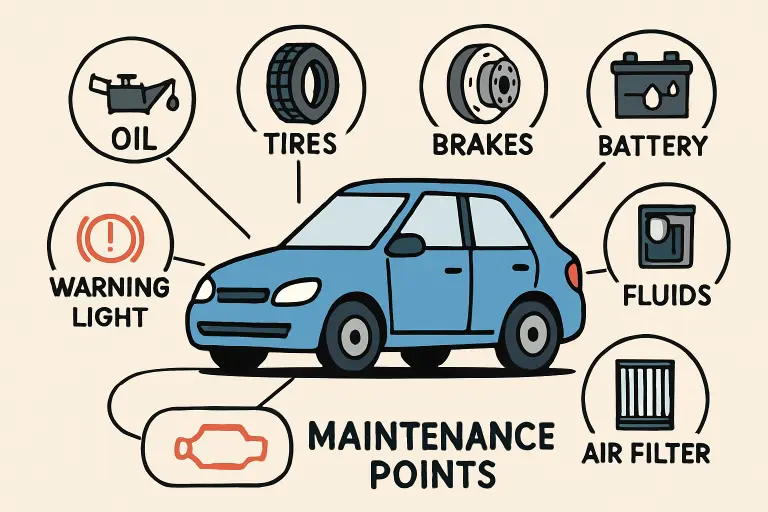













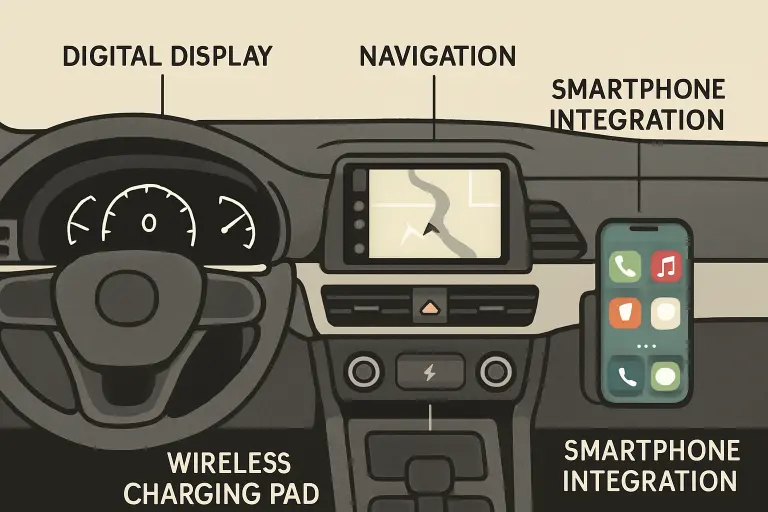







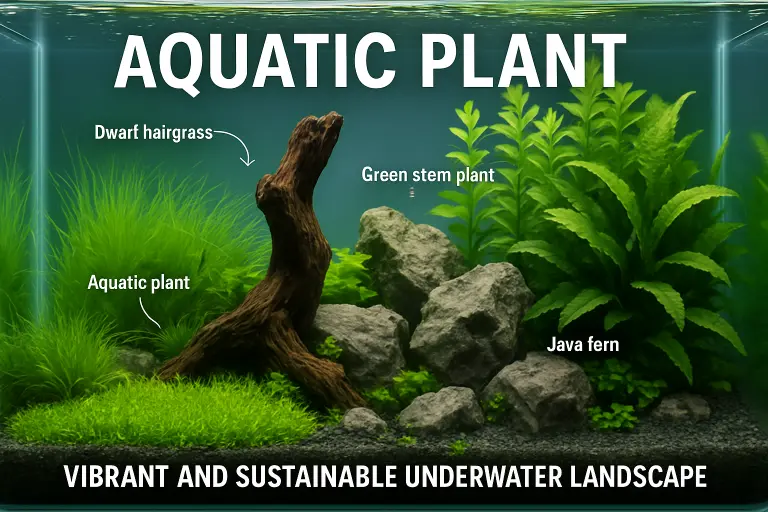




















































































































































































































































































































































































































































































































































































































































































































































































































































































































































































































































































































































































































0